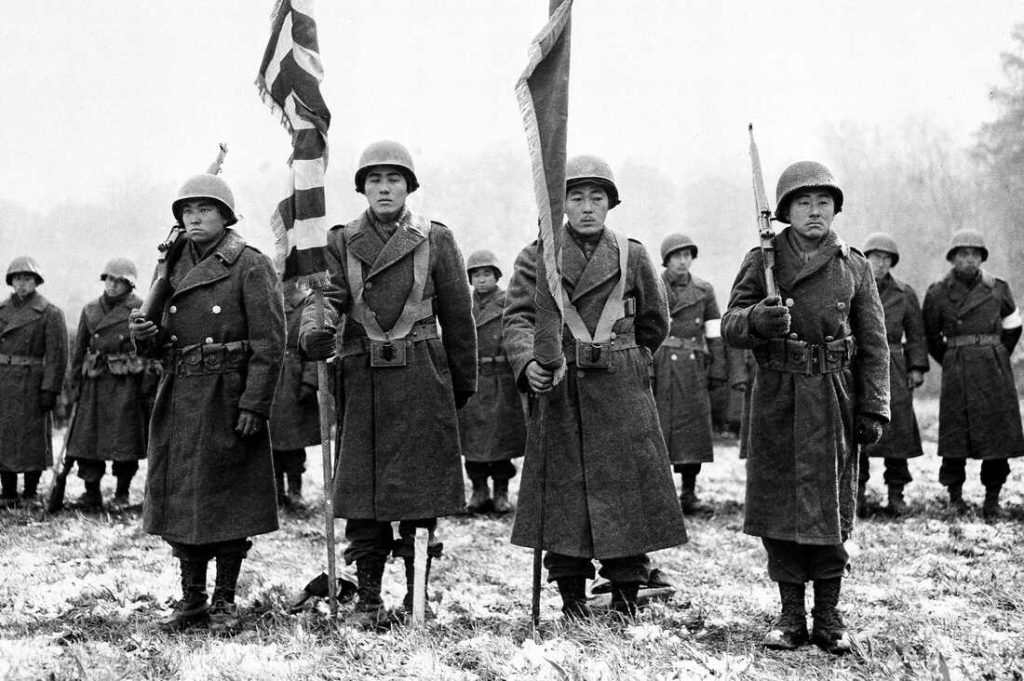Syllabus:
GS 1: History of the World will include events from the 18th century such as Industrial Revolution, world wars, Redrawal of National Boundaries, Colonization, Decolonization, political philosophies like Communism, Capitalism, Socialism etc.— their forms and effect on the society.
Context:
May 8, 2025, marked the 80th anniversary of the end of the Second World War in Europe.
Timeline of World War ll:
- September 1939: Germany invades Poland, triggering declarations of war by Britain and France, officially marking the beginning of World War II.
- July 1940 – September 1940: The Battle of Britain, Germany’s attempt to gain air supremacy over Britain, is fought.
- June 1941: Germany invades the Soviet Union (Operation Barbarossa), initiating a major eastern front in the war.
- December 1941: Japan attacks Pearl Harbor, bringing the United States into the war.
- 1942-1943: Key battles occur in the Eastern Front (Stalingrad), the North African Campaign (El Alamein), and the Pacific (Midway).
- July – August 1943: The Allies invade Sicily and Italy, leading to the fall of Mussolini.
- June 1944: The Allied invasion of Normandy begins, opening a second front in Western Europe.
- December 1944: The Battle of the Bulge, Germany’s last major offensive on the Western Front.
- May 1945: The Soviet Union captures Berlin, and Germany surrenders.
- August 1945: The United States dropped atomic bombs on Hiroshima and Nagasaki, leading to Japan’s surrender.
- September 2, 1945: Japan formally surrenders, officially ending World War II.
Causes of World War II:
- Treaty of Versailles: The post-World War I treaty levied onerous conditions upon Germany, encompassing considerable territorial cessions, limitations on its military capabilities, and substantial reparations demands, thereby cultivating widespread resentment and contributing to political instability within the nation.
- Economic Crisis: The Great Depression, stemming from the Wall Street stock-market crash of 1929, precipitated an economic crisis that affected numerous economies throughout the 1930s.
- Rise of Fascism and Militarism: The rise of fascist regimes in Italy and Nazi Germany, marked by aggressive expansionism and militarism under Mussolini and Hitler respectively, substantially destabilized the European political scenario and contributed to the genesis of global conflict.
- Failure of the League of Nations: The League of Nations, created to uphold collective security and prevent future conflicts, proved ineffective in curbing rising aggression, notably Japan’s invasion of Manchuria and Germany’s expansion into Czechoslovakia, thereby undermining its credibility and contributing to the escalation of tensions in Europe.
- Policy of Appeasement: Britain and France’s appeasement policy in the 1930s, exemplified by the Munich Agreement, aimed to avoid war by conceding to German and Italian demands. However, it emboldened Hitler and accelerated the path to World War II.

